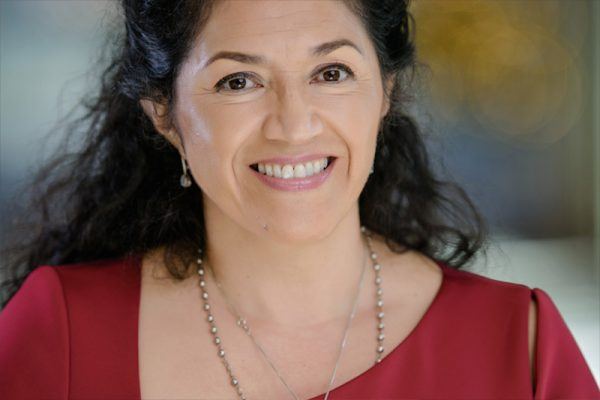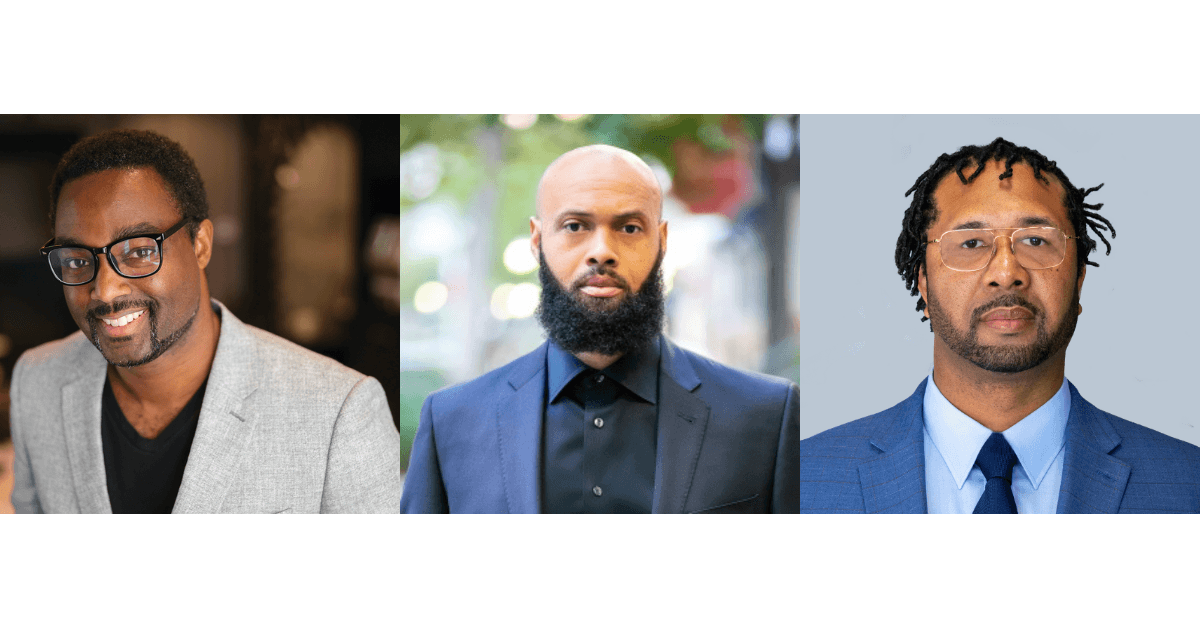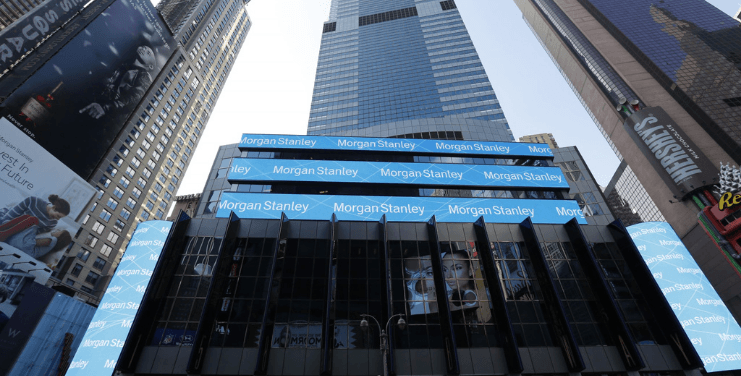The U.S. is at a critical point in the pandemic. Daily infection rates are at record levels and health experts say the country should prepare for things to be worse than they were in the spring. Caught in the middle of this are entrepreneurs and small businesses, who’ve been battered by months of stay at home orders and a broken economy that isn’t on the path to getting any better. Minority small business owners are faring worse –– Black owned businesses are twice as likely to shutter because of COVID related issues –– and advocates around the country are sounding the alarm, hoping for government intervention that prioritizes entrepreneurs of color.
Congress created the Paycheck Protection Program through the CARES Act in March and, as Vox notes, the program was designed to “funnel billions of dollars through banks to businesses that were suffering from widespread lockdowns during the pandemic.” Early reports about the distribution of the fund showed that many Black-owned businesses were shut out of receiving PPP loans, which closed in August, and experts say conditions continued to be dire for these small business owners.
“We know that the problems that blocked Black and Latino micro-businesses from obtaining PPP loans have not been solved. At this point, we do not know if those who even received it have been able to survive.” Aracely Panameño, Director of Latino Affairs at the Center for Responsible Lending , says, noting only 10 percent of financial institutions voluntarily provided race, ethnicity and gender data.
Panameño says CRL is in favor of a second round of PPP, stressing the importance of minority owned microbusinesses who have not yet received support to have “first dibs at the funding prior to allowing a second loan to those that received it previously.” She says she’s hoping previous implementation problems that disadvantaged business owners from marginalized communities, such as banks prioritizing preferred and existing customers, will also be addressed. CRL also joins a number of organizations and advocates in support of automatic loan forgiveness of PPP loans for $150,000 and less, in addition to the elimination of any tax liability that may be included with forgiveness.

Awesta Sarkash, Small Business Majority’s government affairs manager, echoes Panameño’s calls for a comprehensive relief package that will forgive PPP loans at a certain amount, but her organization believes the government should go a step further and require the Small Business Administration to collect data that will help determine whether funds are equitably distributed.
Loans haven’t been the only resources available to small businesses, of course. In the months since the pandemic began, large corporations such as Google have launched popular funds directed towards Black founders, but smaller organizations have hoped to fill the funding gaps with COVID-specific grants geared towards entrepreneurs of color and women, too.
Lauren Maillian, CEO of DigitalUndivided, says the organization behind #ProjectDiane, a research study that focuses on Black women-led startups, conducted a COVID-specific study in May. At the time the study was conducted, only 12% of the women who participated said they were able to pay themselves a sustainable wage. 51% reported that their businesses would “sustain themselves for less than one month.”

In response to the dire circumstances that many businesses faced because of the pandemic, DigitalUndivided launched an $1000 emergency relief grant for incubator alumni who were in need and issued micro-investments to 1500 other Black and Latinx women-led businesses through it’s “Do You Fund.” “We knew many of them had been intentionally scrappy, and really proud to be scrappy until that meant ‘Oh, you’re not an employee, you can’t get a PPP loan’ or ‘You’re not an XYZ structure, you can’t get an EIDL loan,’” she says.
Founded earlier this year, IFundWomen of Color quickly dedicated half of a $1 million investment from Caress to create an immediate relief fund for women of color entrepreneurs. 200 women received grants for $2,500, with a few of them using the donation to kick off larger crowdsourcing efforts. Olivia Owens, creator and general manager of IFundWomen of Color, says the organization intentionally did not have an application for the fund. “That was an intentional choice to just be able to get the capital from them and cut through any of the red tape,” she says. “I think that it can be overwhelming to pitch your business for opportunity after opportunity after opportunity. We heard from our community that they had applied to so many opportunities and hadn’t heard back [from] any of them. So you’re spending so much time on the up front, just trying to get some type of funding. Some type of support.”
Owens says the organization is preparing for a “Dreams to Reality,” fund also sponsored by Caress, in January. This program will offer 150 women $1000 grants, a coaching scholarship and access to a funding program.
Ultimately, Panameño says she hopes the federal government will step forward to help with grant funding, too. “We are supportive of equity or grant funding, because micro businesses do not need more liabilities. The federal government is the one part of our nation that has the opportunity to provide the greatest scale.”
“Most black and Latino businesses don’t have 14 days worth of liquidity laying around,” she adds. “Therefore, whatever is possible under the current [lame duck] Congress, should be obtained.”
As for Sarkash, she says she’s looking ahead at long-term programs that will address funding disparities and inequities that were here before the pandemic and will likely be here when it’s over.
“How do we hone in on the issues and the discriminatory practices that we see when it comes to access to capital? How do we change that? And, how do we become innovative about it so that small business owners of color finally get to operate on a level playing field that they don’t currently have with their white counterparts?”
This story is possible thanks to support from the Ewing Marion Kauffman Foundation, a private, nonpartisan foundation that works together with communities in education and entrepreneurship to increase opportunities that allow all people to learn, to take risks, and to own their success. For more information, visit www.kauffman.org and connect at www.twitter.com/kauffmanfdn and www.facebook.com/kauffmanfdn.








